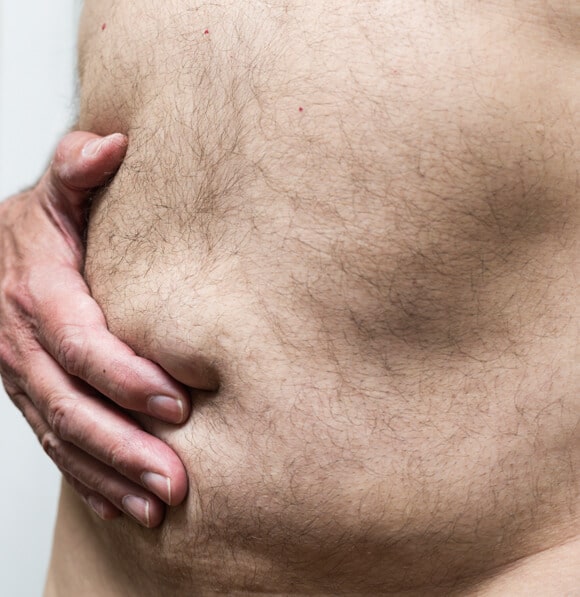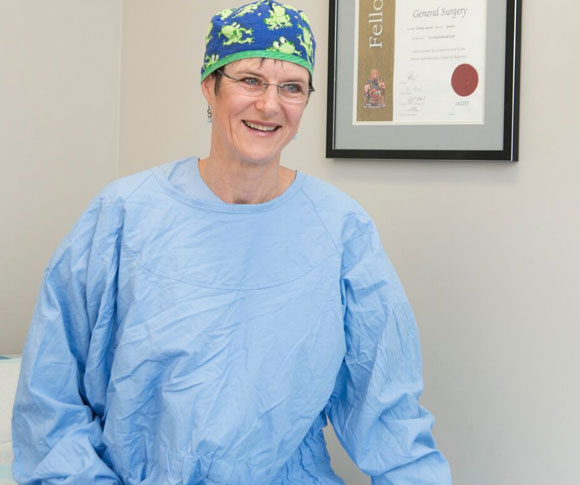What is an umbilical hernia?
An umbilical hernia is where some tissue pokes through a weak spot in your abdominal muscles near your belly button.
Umbilical hernias are most common in new born babies. But they can occur at any age.
What are the symptoms of an umbilical hernia?
The key symptom of an umbilical hernia is a bulge near the belly button. Sometimes you can feel it more than see it.
Umbilical hernias are not usually painful.
If you have a hernia and develop any of the following symptoms, you need to seek immediate treatment:
- sudden severe pain
- vomiting
- the hernia becomes firm or tender, or can’t be pushed back in (if it usually can)
- difficulty passing stools or wind.
These symptoms may mean:
- the blood supply to the tissue in the hernia has been cut off (strangulated hernia)
- a loop of bowel has gone into the hernia and become blocked (bowel obstruction).
These are medical emergencies.


What causes umbilical hernias?
Umbilical hernias in adults may be due to repeated strain on the abdomen. Causes include:
- being overweight
- fluid accumulation within the abdomen
- pregnancy (especially multiple pregnancies)
- lifting heavy objects
- having a persistent cough.
How are umbilical hernias diagnosed?
Your GP or hernia specialist will be able to diagnose an umbilical hernia with a physical examination.
How are umbilical hernias treated?
Umbilical hernias in adults tend to get worse over time.
Surgery is recommended for most adults with an umbilical hernia as there is a significant risk of complications.
